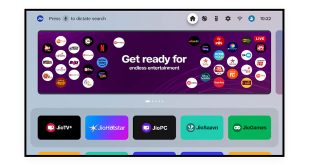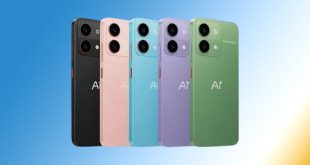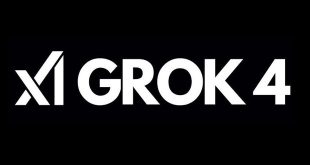TikTok has unveiled AI Alive, a groundbreaking feature that transforms static photos into dynamic short videos using simple text prompts. This AI-driven tool, now in beta testing, promises to democratize content creation by enabling users—from casual creators to brands—to generate engaging animations without advanced editing skills. As the social media giant intensifies its AI arms race with rivals like Instagram and Snapchat, AI Alive could redefine how visual storytelling intersects with accessibility and creativity.
The Technology Behind AI Alive
Powered by generative AI and deep learning algorithms, AI Alive analyzes uploaded photos to infer context, depth, and potential motion paths. Users input prompts (e.g., “make the waves crash” or “animate the dancer’s dress”), and the tool renders realistic movements frame-by-frame. Key innovations include:
- Contextual Awareness: AI detects objects (e.g., water, fabric) and applies physics-based animations.
- Style Adaptation: Mimics art styles, from cartoonish exuberance to cinematic realism.
- Speed Customization: Adjust animation duration (3–15 seconds) to align with TikTok’s short-form format.
Industry experts compare its capabilities to a lightweight blend of DALL-E and Runway ML, optimized for mobile-first creators.
Case Study 1: Small Business Boosts E-Commerce Engagement
Scenario: Coastal Candles, a boutique candle brand, used AI Alive to animate product photos for TikTok ads. A static image of a seashell candle was transformed into a video showing flickering flames and shimmering wax droplets, accompanied by the prompt: “Create a cozy beachside ambiance.”
Results:
- 30% increase in click-through rates compared to static ads.
- 15% sales growth within two weeks, attributed to heightened emotional resonance.
- Reduced video production costs by 60%, as no videographer was needed.
Case Study 2: Digital Artist Expands Creative Portfolio
Scenario: Illustrator Maria Chen animated her fantasy landscapes using AI Alive. A painting of a forest was turned into a looping video where trees swayed, and fireflies glowed—prompt: “Bring the enchanted forest to life.”
Outcome:
- Gained 50,000 followers in a month after her #AICreator posts went viral.
- Collaborations with brands like Adobe and Wacom for AI-art tutorials.
- “AI Alive bridges the gap between traditional art and digital motion,” Chen noted in an interview.
Ethical and Practical Considerations
While AI Alive lowers entry barriers for creators, it raises concerns:
- Deepfake Risks: Misuse of animated personal photos.
- TikTok’s Response: Adds watermarks to AI-generated content and restricts prompts involving human faces in beta.
- Copyright Issues: Animating copyrighted images.
- Solution: AI Alive blocks uploads of trademarked logos or artworks flagged in its database.
Market Impact and Competitive Landscape
TikTok’s move follows Meta’s AI Studio and Snapchat’s Dreams, but AI Alive’s focus on user-driven animation sets it apart. Analysts predict the AI content creation market will grow to $22.6 billion by 2028 (Statista, 2024), with TikTok poised to capture 30% of this segment.
Brand Adoption:
- Fashion labels like H&M are testing AI Alive for virtual try-ons.
- News outlets like Reuters use it to animate infographics for breaking news clips.
Future Developments
TikTok plans to integrate AI Alive with its Creative Center, offering template prompts for industries like real estate (e.g., “animate a rotating 3D house tour”). A premium tier with advanced controls (e.g., lighting adjustments) is slated for late 2024.
Key Takeaways:
- AI Alive simplifies animation, cutting production time from hours to minutes.
- Brands leveraging the tool see 20–50% higher engagement.
- Ethical safeguards are critical as AI democratization accelerates.
 Digital Tech Byte Latest Technology News
Digital Tech Byte Latest Technology News





